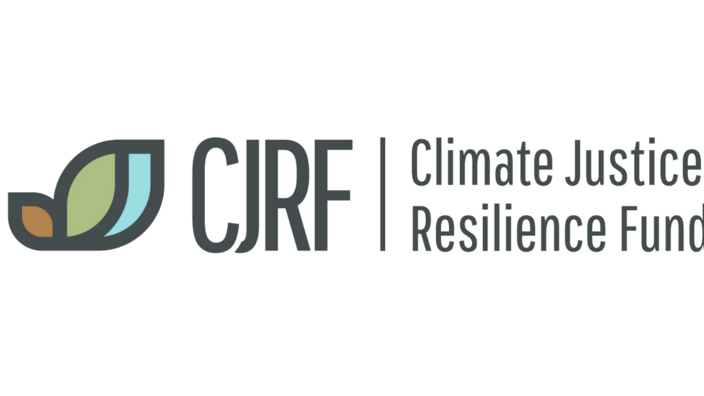Climate Breakthrough
Climate Breakthrough supports extraordinary leaders to pursue ambitious and transformative climate action that swiftly and justly closes the gap between the world today and a sustainable future. The Climate Breakthrough Award supports those leaders with a 3 million USD, three-year, flexible grant and with additional funding for wide-ranging capacity-building (“wraparound”) services.
Headquartered in the San Francisco Bay Area, Climate Breakthrough is currently funded by the David and Lucile Packard Foundation, IKEA Foundation, JPB Foundation, Quadrature Climate Foundation, Vere Initiatives, and JPB Foundation.
Alex Wang
Director of Programmes
Rationale
The urgency and complexity of the climate crisis demands breakthroughs – initiatives with potential to transform entire regions or sectors. Such breakthroughs are complex and require not only sustained investment but also support for things like organisational development, measurement evaluation and learning, ongoing fundraising, strategic advising, and strengthening leadership capacities.
However, a “scarcity mindset” leads many grantees to refrain from spending seed and early-stage funding on supposed “luxuries” such as personal coaching, professional recruiting and headhunting, or sophisticated research. To counter this tendency, Climate Breakthrough complements its large, flexible grants with additional resources that help recipients to secure top advisors, expert consultants, and specialised vendors, enabling them to work more viably and effectively.
Application in Practice
Climate Breakthrough sources climate action leaders with a track record of success and with ambitious ideas that are completely novel or underfunded. Any ambitious ideas for large-scale, rapid climate change mitigation are considered regardless of geography or issue area. To identify candidates for the award, Climate Breakthrough contracts and manages “scouts”, and collaborates with partners for referrals.
As part of their award, Climate Breakthrough awardees utilise wraparound support funding in various ways to meet their specific needs. The most common uses of these capacity-building funds are for leadership and management coaching, organisational development consulting, legal services, fundraising consultants, and data analysis projects. Each awardee works closely with a Climate Breakthrough Portfolio Manager throughout their award period to address the biggest obstacles to scaling that could be alleviated with outside support. In addition, there is a pool of wraparound support funds that are available specifically for Impact & Learning activities, including case studies, measurement, evaluation, and learning (MEL) systems design, and rigorous third-party evaluations.
Expected Results
Climate Breakthrough expects that awardees who utilise wraparound support services will be able to improve their critically important strategy work. To assess this, Climate Breakthrough asks awardees to consider how much more quickly their work has progressed as a result of wraparound services, and compares the work of awardees who utilise particular kinds of support to those who do not. This has generated valuable insights about the value of ongoing management and leadership coaching for senior staff, immersive strategic planning support focused on pathways to scaling, and the usefulness of large data-analysis in early-stage programmes.
Lessons learned
What has worked well?
- Allocate funds strategically: Separate funding for capacity-building services from the original grant. This helps grantees in startup ecosystems to tap into services and expertise typically reserved for larger, more established organisations. This also allows awardees to freely consider services that can accelerate their success without having to take money out of their initial grant.
- Encourage, don’t impose: Provide recommendations for consultants and vendors but also allow awardees to choose their own service providers. This adds value for people who do not have strong networks in a certain field without limiting support options.
- Simplify consultant sourcing: Offer to do the groundwork in sourcing top-notch consultants for awardees. This saves them time.
What are opportunities for new funders?
- Break the scarcity mindset: According to the Center for Effective Philanthropy, only 14 percent of foundations offer general operating support in addition to capacity building, and only 25 percent of NGO leaders report having ever received capacity building support to complement a multiyear general operating support grant. Funders need to help grantees get out of the scarcity mindset and provide comprehensive flexible support to invest in staff, make targeted improvements, and plan for the future – after all, the longer we wait for breakthroughs in climate action, the less certain the future becomes!



